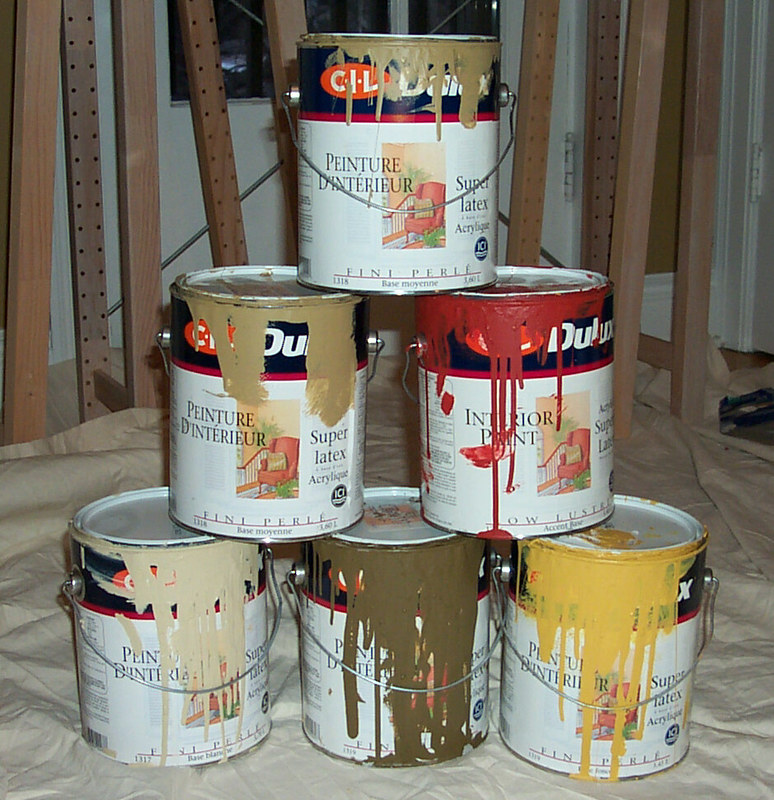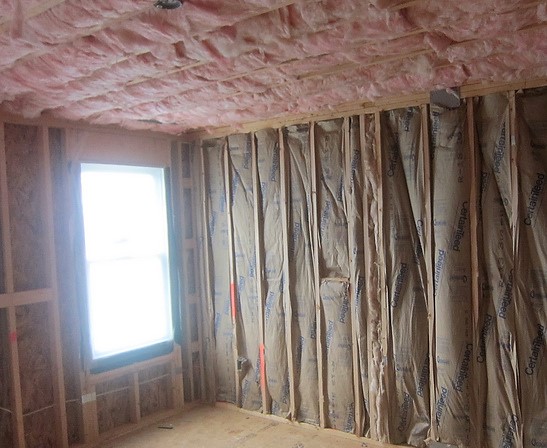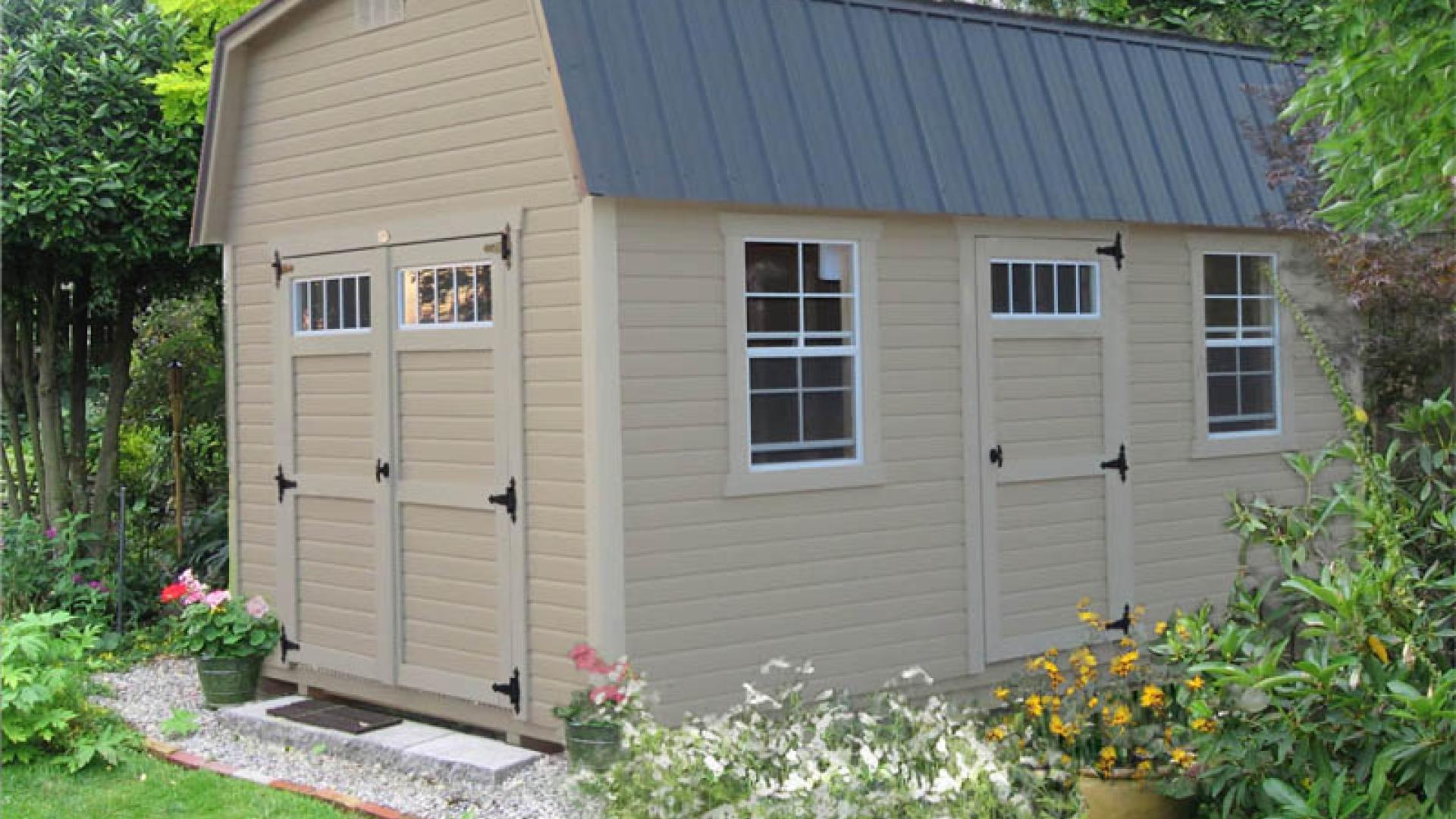There are a myriad of common things you can store in your shed to help declutter your house, such as tools, seasonal equipment, and lawnmowers. But are there things you shouldn’t store in a storage shed? Because of the lack of temperature and humidity control, there are some items that are best left inside your house. Here are some examples.
Food
This might seem like an obvious answer, but food will go rotten if stored in your shed. What might not be as obvious is even non-perishable food should be avoided. Canned goods (soups, vegetables, etc.) and bottled liquids (water, soda, wine, etc) will all go bad in the fluctuating temperatures of a shed. The extreme heat of summer can spoil the food and the freezing of winter can expand the contents of the container, damaging the seal and allowing harmful bacteria in.
Electronics
Excessive heat can damage the electronic components of phones, laptops, DVD players, and even microwave ovens! In addition, pests, like mice, can chew on the wires and destroy them. If you’re looking to hold onto old electronics, it’s better to keep them indoors or donate them to a local charity.
Photographs
The moisture and high temperatures in your shed can cause your photos to warp, clump together, become discolored, or even grow mold, ruining them forever. It’s best to keep them inside photo albums in a dry, dark place kept at room temperature - so no unfinished basement or garage, either!
Bedding & Clothing
As your kids grow out of their clothes, you may be tempted to store them in your shed as hand-me-downs for their younger siblings but don’t! The same goes with seasonal bedding as you swap between warm winter sheets and cool summer ones. Any type of fabric is susceptible to moisture, becoming musty. Worse yet, they could end up as food and/or nesting materials for insects and rodents.

Paint
You may not know this, but paint, glue, solvents, and stain can break down in extreme temperatures. They can split and curdle from hot temperatures and freeze in cold temperatures, leaving a lumpy mess that can’t be used. If stored on the floor, moisture can also corrode the bottom of the paint cans, leaving a mess all over your floor. It’s better to keep them in your house on a shelf.
Musical Instruments
Most musical instruments might seem like they are temperature proof, but humidity is the big problem here. The wood, strings, and padding on instruments are all organic components which will decay in humid conditions. Brass instruments might seem alright to store in a shed, then, but they’re not. Brass, being a mixture of copper and zinc, is susceptible to corrosion.
How storing these items actually damages your shed
We’ve covered common items to avoid storing in your shed and explained how they can become ruined. Is it really that big of a deal if we leave some of these items in our sheds? Yes, there is actually long-term damage that can be done to your shed by these items.
As these items spoil & decay, they welcome all sorts of pests, like insects and rodents, who are attracted to the scents. The moisture and bacteria also promote mold growth and rusting of metal components and shelving. Your floorboards could also rot, forcing you to replace them before you ordinarily would.

Is there a way to properly store these items in a shed?
It is possible to store these items in a shed, but it requires some extra features. First off, you’ll need to insulate your shed’s floor, walls, and roof. At Country Cabins, we offer an insulation package for customers who are interested. Then, you’ll need to install an air conditioner and heater to regulate the temperature during the summer and winter months.
Now that you’ve been warned about what to avoid storing in your shed, you should check out some excellent ideas of what you can store in a shed.

